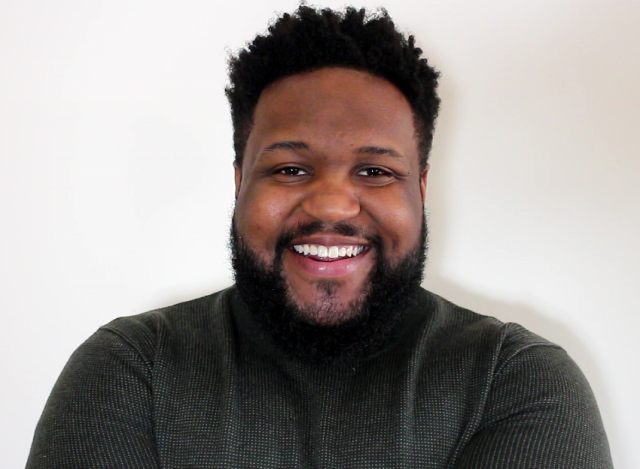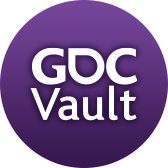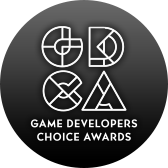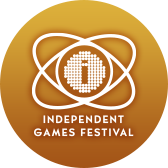For Greg Haynes, lead game user researcher at the AbleGamers charity, video games provide experiences that should be available to all people—and that means making them more accessible to people with a wide range of abilities.
Haynes said during the recent GDC Podcast, “We’re talking about being able to remove barriers to play—for anyone, not even just people with disabilities. Just anyone who might have a barrier to play…It’s ultimately to have a fulfilling experience.”
“In short, game accessibility is really being able to break down the barriers to play as you engage with these game worlds that creators are creating,” he said.
Listen now on iTunes, Google Play Music, and Spotify
At AbleGamers, Haynes and his cohorts advocate, teach, and consult in order to make games more accessible to everyone. Haynes has led talks, workshops, and consultations with companies like Google, Oculus, Avalanche, and Activision, and also consulted with Microsoft on the innovative Xbox Adaptive Controller.
Haynes countered the idea that “accessibility” means taking all of the challenge out of games, or that accessibility would destroy creative vision.
“There’s sort of a misconception within the [game] community that anyone asking for accessible features wants [a] game to be easy,” he said. “And I think that’s sort of a disservice to the experience that anyone who plays a game wants to have.” Haynes said everyone—including people with disabilities, according to AbleGamers research—“does want challenge in their games.”
“They don’t want their games to be easy, per se,” Haynes added. “But challenge is relative. What’s hard for me might not be hard for you. At the end of the day it’s being able to tune the challenges they encounter in games in order to be able to surpass those barriers and make progress.”
Accessibility is many times not about challenge in game design. An example of accessibility is adding controller re-mapping to a game or even making font more legible—the latter of which EA Sports accessibility lead Karen Stevens said is still the biggest accessibility issue facing games.
Haynes also said while modes like easy and “explorer” let players adjust challenge, difficulty—while a large part of the accessibility conversation, is not the entirety of the game accessibility conversation.
“I think game difficulty and challenge are really about having the option to tune the challenge to the way you need it to be, so you’re getting the right amount of resistance to your progress, so it’s not just this thing you’re not able to enjoy,” he said.
“It’s really about presenting options to people. We kind of have this concept in the [game] community where people want to marshal over the way other people play. And it’s like, are you in my house playing games?” Haynes laughed. “What does it matter to you how you’re playing a game?”
“Game difficulty is a contentious conversation to have,” he said. “It’s one of those things where it’s like, let people game the way they wanna game.”
Haynes acknowledged that making games accessible is not always an easy task for game developers, but it is a task that is worthwhile. Not only does it open the door to the game community and help bring people together, accessibility also has a financial component. Haynes said people with disabilities in the U.S. have about $21 billion in discretionary income.
“Game difficulty is a contentious conversation to have,” he said. “It’s one of those things where it’s like, let people game the way they wanna game…It’s tough to think about it this way, but not every single game is always going to be accessible. But we have to start somewhere.”
GDC Podcast music by Mike Meehan
Listen now on iTunes, Google Play Music, and Spotify
Gamasutra and GDC are sibling organizations under parent Informa Tech



